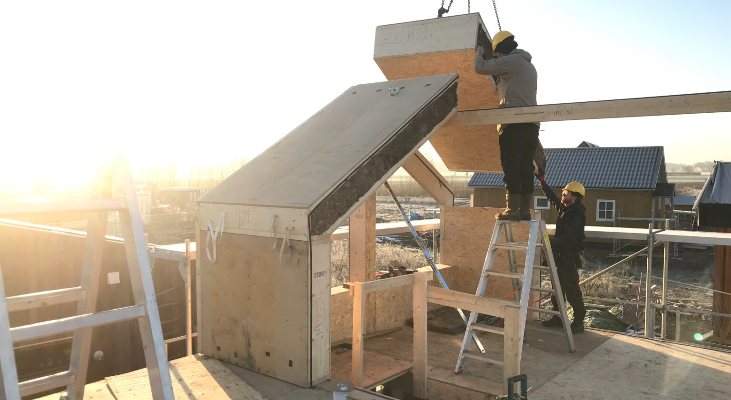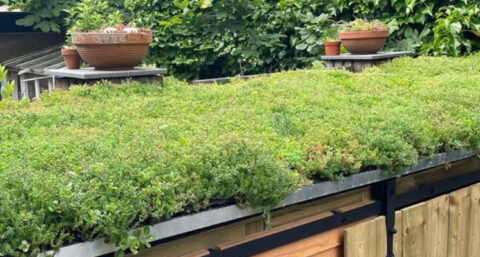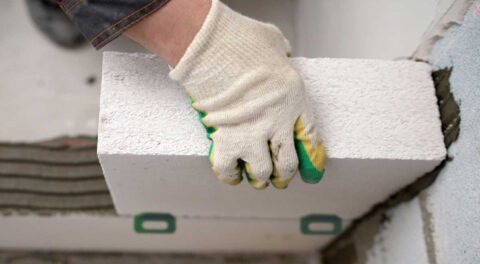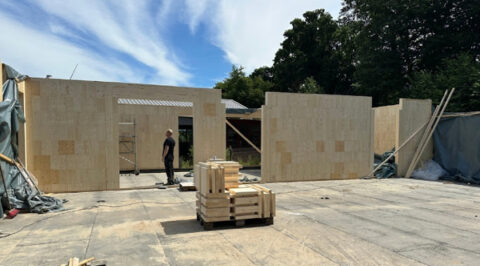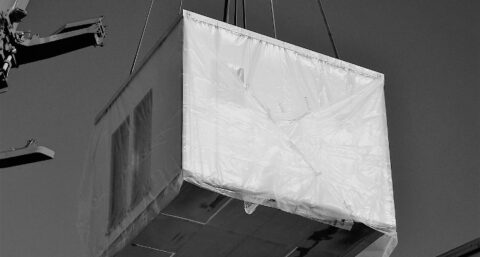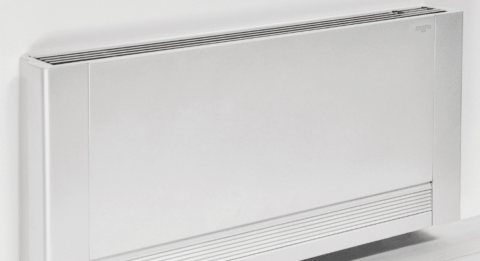On social media, everyone seems to be concerned with sustainability and biobased construction. But in practice, biobased materials are still sparsely used on new buildings. At least that is the experience of Roelof Vossebeld, founder of StrawBox.
A StroBox is literally a timber frame of panel material into which straw has been pressed. A StroBox panel can be used in various parts of construction, for example as an insulating facade cladding or interior wall, but also as a structural load-bearing element in the form of a storey floor.
Roelof Vossebeld shows with his company StroBox that ambition can take you far. 'It is pioneering in the beginning, of course. But where there is a will, there is a way. With a healthy dose of optimism and perseverance you can achieve really nice things. We offer a full-fledged alternative to traditional construction.'
More environmentally friendly
'With straw, but also with an awful lot of other biobased materials, you can do very good things in construction,' Vossebeld says. 'It can all be much more environmentally friendly and much more sustainable. The crazy thing is that I hear that all around me, but I don't see it. Where are the large-scale new construction projects that insulate with flax, wool or cellulose? When I walk across a construction site, Styrofoam often swirls around my ears. (That annoyance adds to it: if you insulate with Styrofoam, at least use an electric cutting device so you don't have any waste. But better yet: don't use Styrofoam at all.) There are plenty of sustainable alternatives. I think that both the government and the builders of the Netherlands have a role to play in this. Because saying 'yes' to biobased building but doing 'no' is, in my view, no longer possible. We have to get serious about it as a sector.'
Important choices
The situation is complex, Vossebeld realizes. 'We face a huge building task in the Netherlands,' he says. 'Municipalities and government are working on the climate goals for 2030 to 2050. There are already important sustainable choices to be made there, but it's not happening. I see on construction sites that there is still just traditional construction, it's all brick and PIR and PUR. I ask a municipality how that can be, and they tell me that they can only enforce what is built according to the building code. So they shrug it off. I think that's a bad thing: you can have a bit more ambition as a government. Precisely because large quantities are involved, it is important to build climate-consciously now so that we are also in good shape in the long term.'
Farmers and builders
Fortunately, Vossebeld also sees many good developments. 'It is wonderful to see that parties already know how to find each other in the small chain. The organization Building Balance plays an important role in this. That program initiates, stimulates and supports independent regional and national chains; from land to premises. What farmers grow in bio-resources, construction companies can process as local and sustainable material. The big challenge is to balance supply and demand. Many farmers have stuck their necks out. If the crops they grow are not being taken by the construction industry, that is worrying. In principle, many farmers are also ready to scale up. All the construction industry has to do is tap, or production will be increased. The point is that regulations are not yet geared to biobased materials. But here too: where there is a will, there is a way. The Netherlands can make great strides. We are at a crucial point.'
In conversation
In the July 3 Meetup055 at Theater & Congress Center Orpheus in Apeldoorn, Vossebeld will engage with other speakers from the field. "The title is Biobased Building," he says, "but we will go much further and deeper into topics such as health, landscape design, area development, clean and healthy housing and living environments. A key question will be: how do we ensure that the demand for biobased building materials goes up?'
If you want to participate, check here for more information.
Check out this article and more on Construction and Installation Hub

